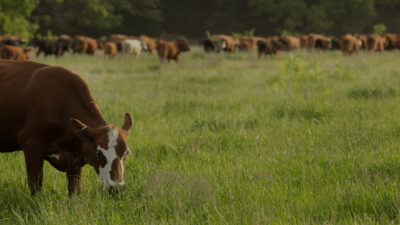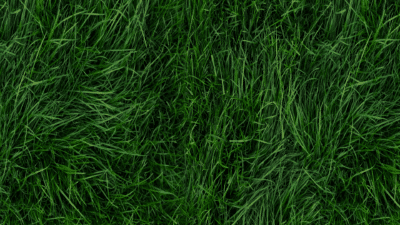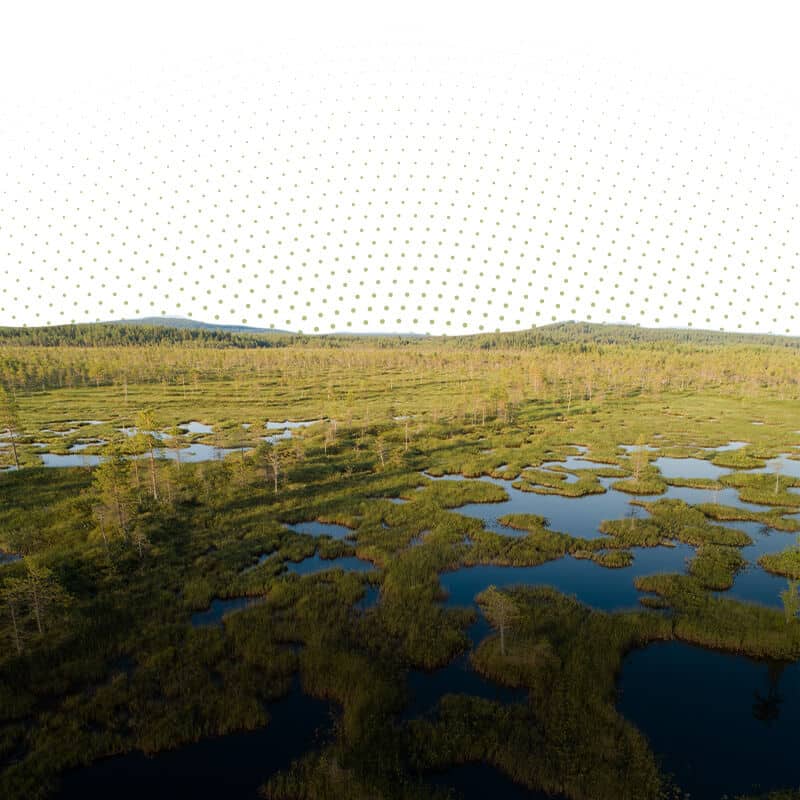Our team of experts have specially designed blends for each region of the United States. The following considerations were made during the design process for each regional mix:
- Environmental elements such as soil conditions. sun/shade tolerances and heat tolerances.
- Genetic attributes such as color. sod density and disease resistance.
- Water requirements.


What Nature's Seed Customers Say
“This past early spring we planted our backyard with your Triple-Play Tall Fescue Grass Seed Mix. Due to early cool weather it took some time to take off. Now it’s fall and our backyard is lush and green. Very few weeds. Midsummer and fall fertilizer and weed treatment. Beautiful! Highly recommend!”
Scott Cole
“I live in the Pacific Northwest and bought the bee pasture blend…I love it, the bees love it, and my chickens love it. Coming back for more and some other blends. I would highly recommend these products. Thank you!”
Brian Huggins
“It was a real pleasure to order from you! The seeds are sprouting, and the delivery was as promised! Thank you!”
Enid Laursen
Learn From Our Experts

Pasture Grasses for High Traffic Areas
05/13/2025
Growing and nurturing pasture lands is one of the best ways to support a diverse ecosystem in the US. As

What to Avoid When Buying Grass Seed
05/13/2025
If you’re planning on seeding a lawn from scratch, you might be wondering, “What are the common mistakes to avoid

The Importance of High Quality Grass Seed
05/13/2025
Investing in high-quality grass seed is one of the best ways to ensure the success of your lawn—both short-term and
Need More Resources?
From choosing the right grass seed to fertilizing
new lawns, we’ve got you covered.






